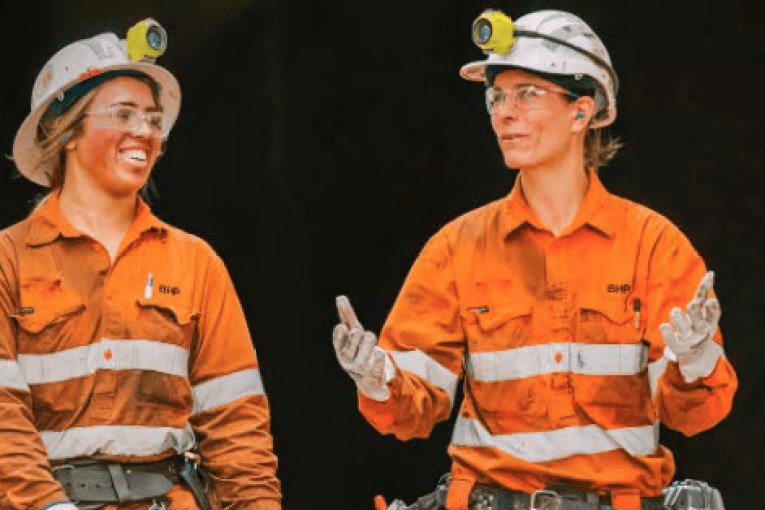Minimum wage push is mostly about getting pay rates in the move
Unions and business groups are at loggerheads over the annual wage review, as the federal government’s full position on pay rises for the lowest paid workers is set to be unveiled.

Premier Steven Miles has vowed to look after the interests of families and farmers when he meets with major supermarket chains on Thursday. (Image; Choice)
The Fair Work Commission’s annual review impacting the bank balances of millions of workers on minimum and award wages is under way, with the government to lodge its formal submission on Thursday.
Extracts released earlier this week show the Albanese government has stuck with the same position as at the past two decisions, recommending the real wages of low-paid workers should not go backwards.
But peak industry body for the Australian vegetable and potato industries AUSVEG said its sector will be embattled further by any rise in the minimum wage.
“Wages are a significant factor in most vegetable farm input costs due to the heavy reliance on labour to harvest crops,” AUSVEG’s submission read.
“The consequences of additional wage increases are likely to lead to a decline in fresh vegetable production, with negative flow on effects to Australian consumers.”
The body went on to note Australia’s minimum wage is already the higher than other OECD countries including the United Kingdom, United States and Canada.
Queensland and Victoria’s governments made submissions with the latter calling for a bump in award wages for workers in the lower-paid and often female-dominated sectors.
These include retail and hospitality, accommodation and food services, and health care and social assistance, according to the Victorian government’s submission.
The Queensland government said it also supported a rise in minimum national award rates, citing inflation and cost of living pressures for its reasoning.
In recent years, rising inflation has been eroding the buying power of workers.
Yet consumer price growth has been moderating and average worker wages are now rising a little faster than inflation based on the latest official data.
Minister for Workplace Relations Tony Burke said people were still doing it tough in the face of cost of living pressures.
“Getting wages moving again is key to helping people get in front,” he said.
“That’s why the government is going in to bat for Australian workers in this year’s annual wage review.”
The Australian Council of Trade Union also hopes for a wage decision that will allow workers to get ahead, recommending a five per cent increase.
The peak union body said an increase of this size would not be inflationary and would disproportionately benefit women as they made up the majority of workers covered by awards.
Yet employer groups warned the five per cent increase would push up prices and put businesses and jobs under pressure.
The Australian Chamber of Commerce and Industry is recommending an increase of no more than two per cent and the Australian Industry Group would prefer less than a 2.8 per cent lift.












